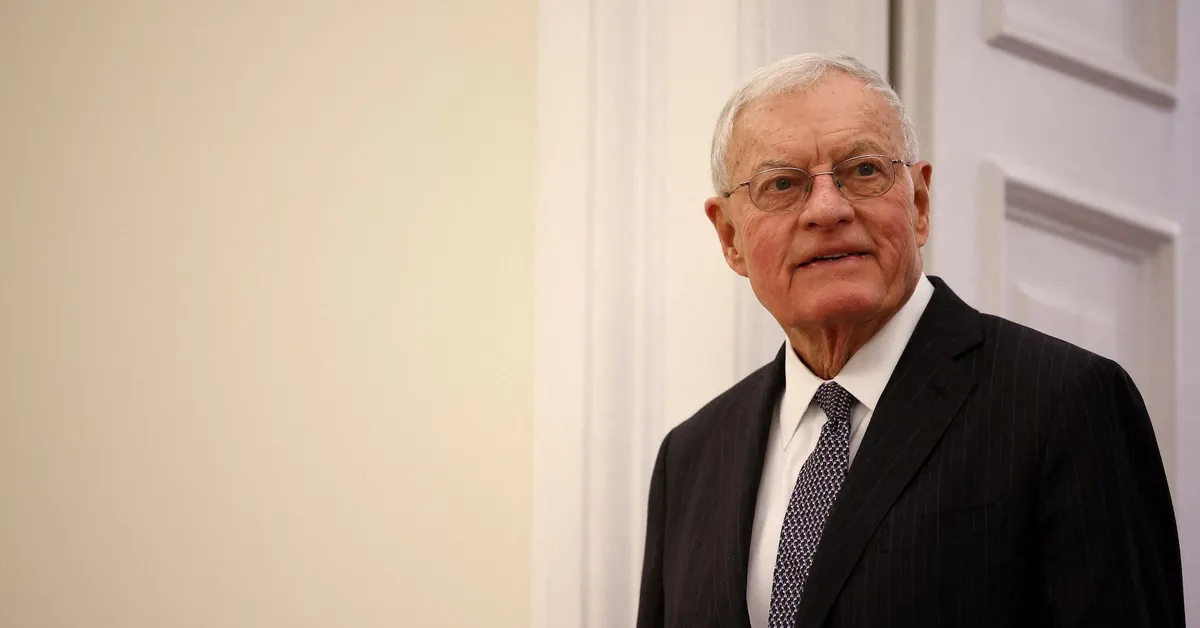
On June 4, U.S. President Donald Trump's special envoy for Ukraine, Keith Kellogg, expressed grave concerns regarding the escalating risks associated with the ongoing war in Ukraine. His comments came on the heels of significant drone strikes by Ukrainian forces targeting nuclear-capable bombers at various airbases located deep within Russian territory.
Over the weekend, Ukraine launched drone attacks on airfields situated in Siberia and Russia's far north, successfully hitting targets that were up to 4,300 kilometers (approximately 2,670 miles) from the front lines of the conflict. Kellogg, in an interview with Fox News, stated, "I'm telling you, the risk levels are going way up." He emphasized the critical nature of this situation, noting that attacks on a nation's nuclear capabilities—referred to as their nuclear triad—significantly heighten the risk of escalation.
The nuclear triad consists of three primary methods of delivering nuclear warheads: strategic bombers, land-launched intercontinental ballistic missiles (ICBMs), and submarine-launched ballistic missiles (SLBMs). Kellogg highlighted that with Russia and the United States collectively possessing about 88% of the world's nuclear weapons, any attack on these systems raises profound uncertainties regarding the adversary's potential responses.
Although Kellogg noted that the physical damage to Russian bombers was less significant than the psychological ramifications of the strikes, he voiced particular concern over unverified reports of a Ukrainian assault on a naval base in northern Russia. The implications of such attacks extend beyond immediate military effects, potentially altering the strategic calculus for both nations involved in this prolonged conflict.
In related developments, White House spokeswoman Karoline Leavitt confirmed that President Trump had not been informed in advance about Ukraine's drone strikes targeting Russia's bombers. This lack of communication raises questions about the coordination between the U.S. and Ukraine as the conflict continues to unfold.
Amid these tensions, Russia and Ukraine engaged in discussions in Istanbul on Monday; however, little progress was made toward resolving the war that has been ongoing since Moscow deployed tens of thousands of troops into Ukraine over three years ago. Kellogg remarked that while Ukraine has presented a reasonable position, Russia's approach has been "maximalist," indicating a significant gap that needs to be bridged for any meaningful advancement in peace negotiations.
The developments in Ukraine continue to draw international attention as the risks of escalation remain high, and the global community watches closely for any signs of further military actions or diplomatic breakthroughs.